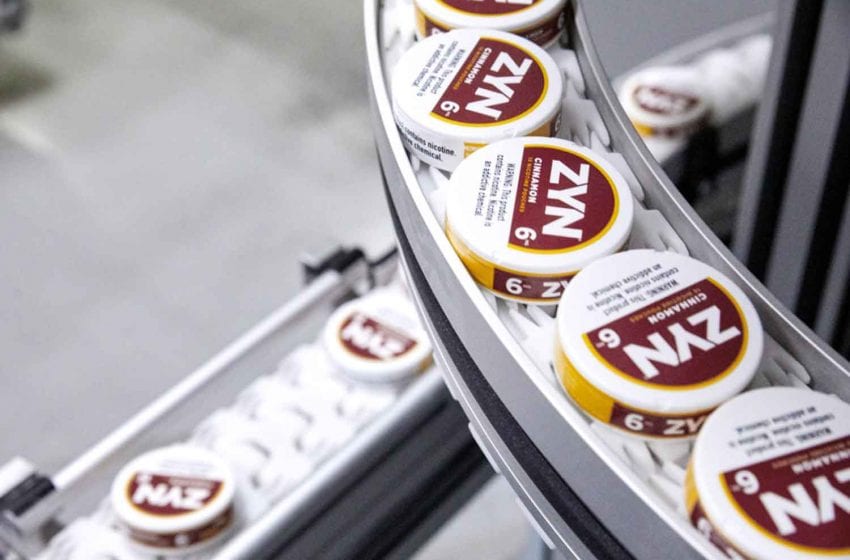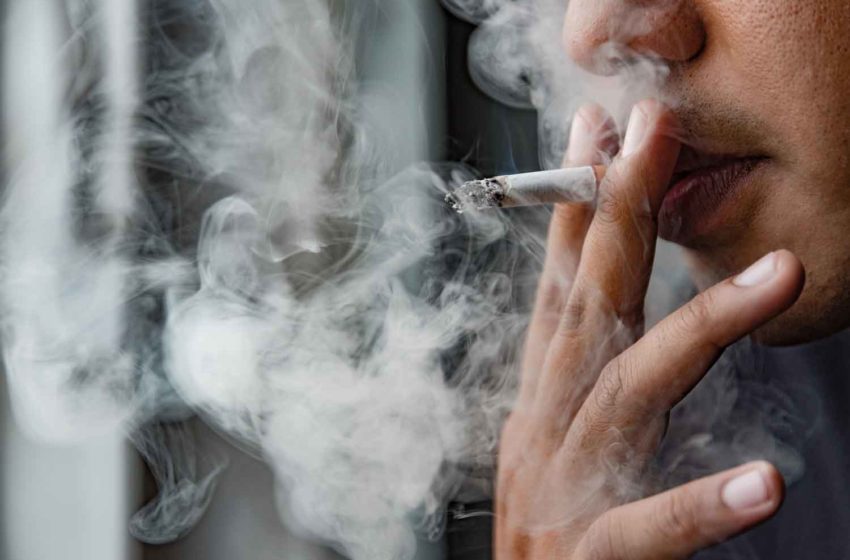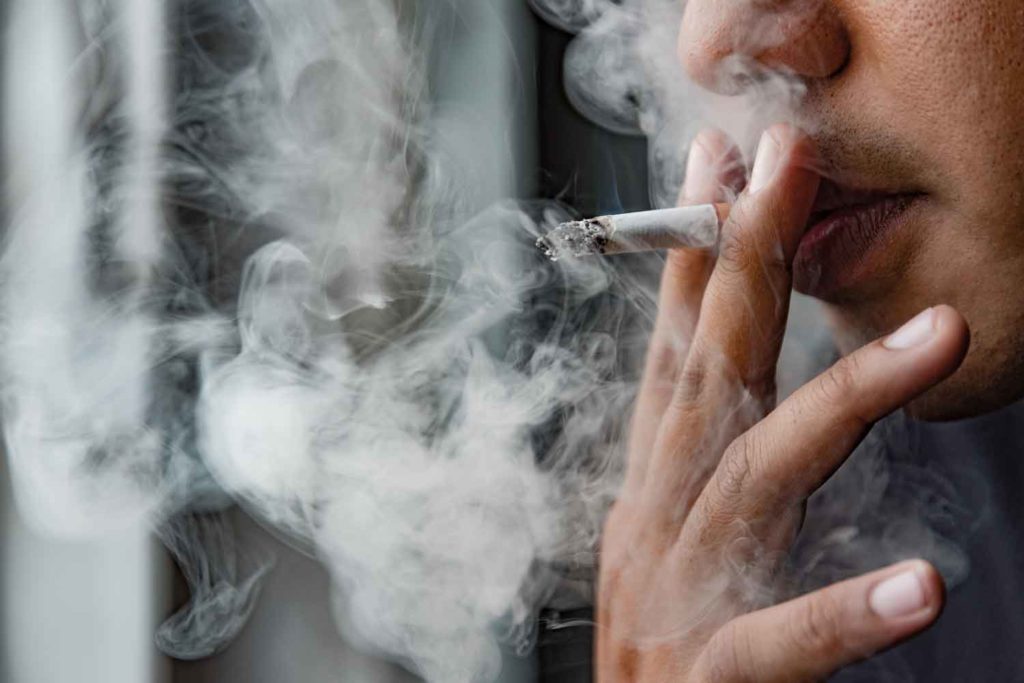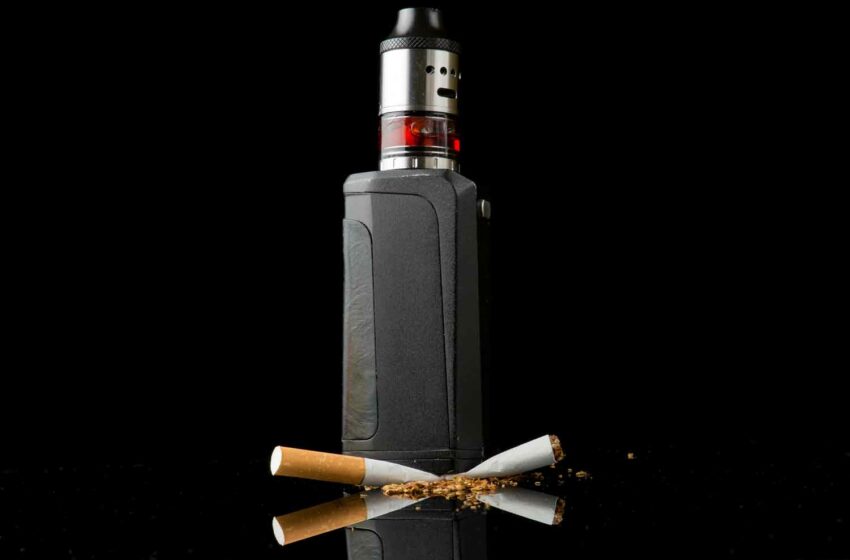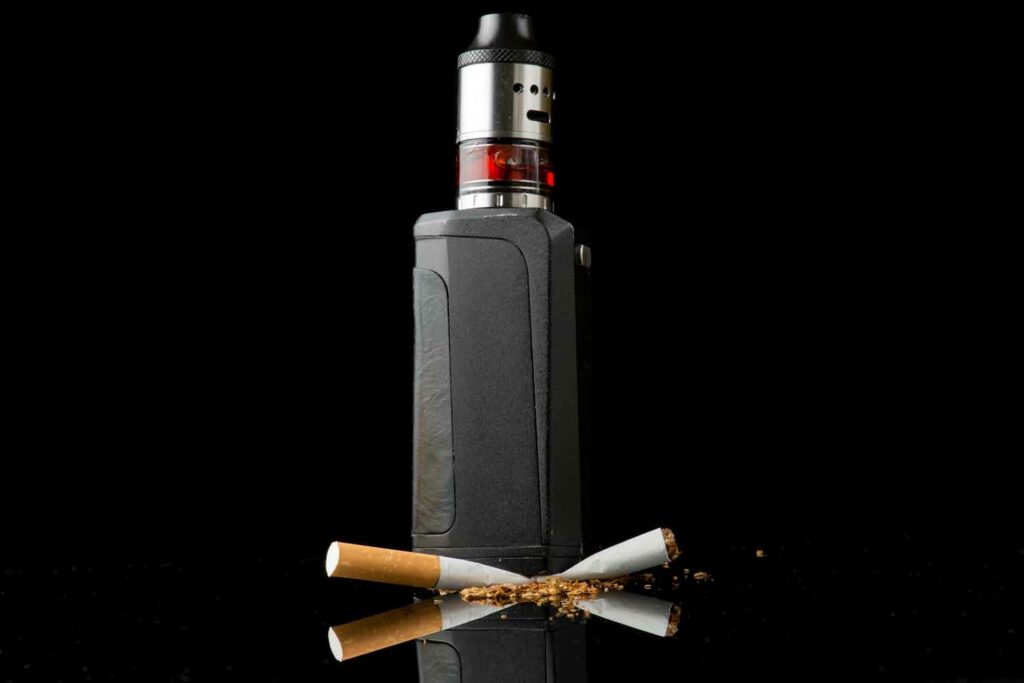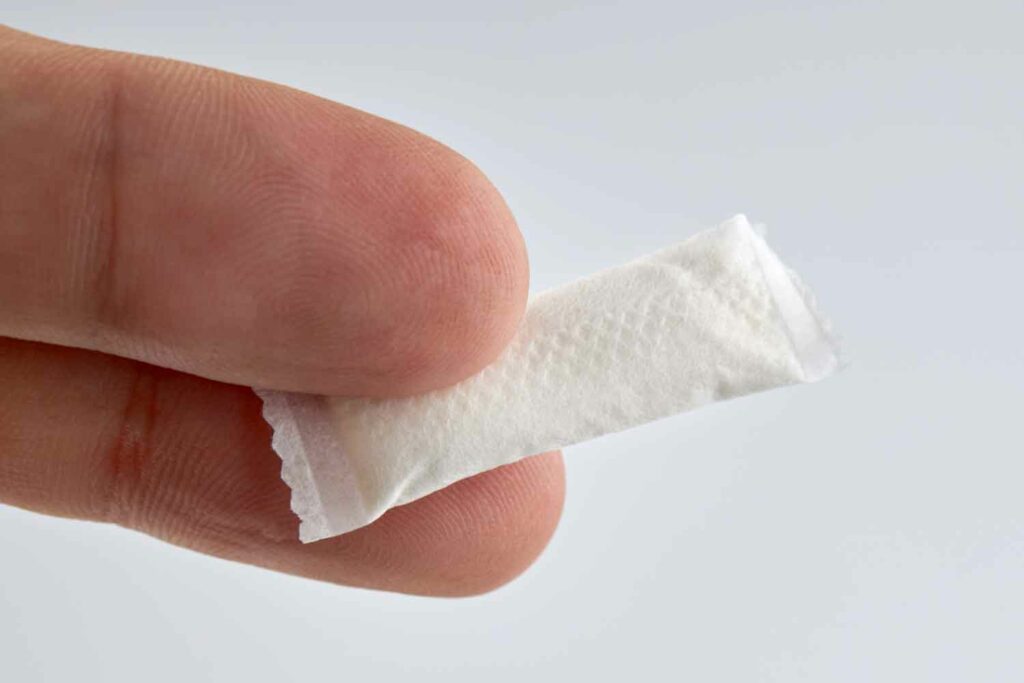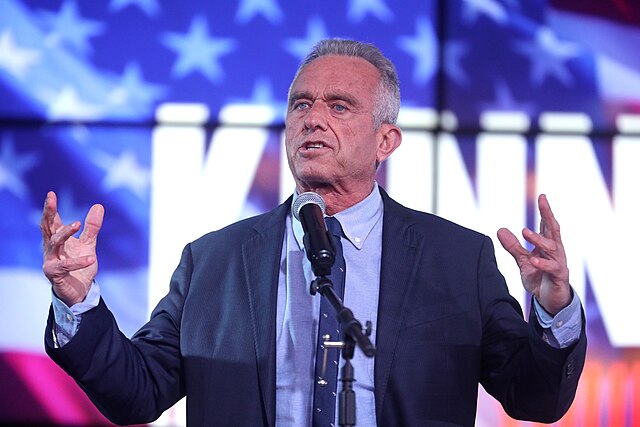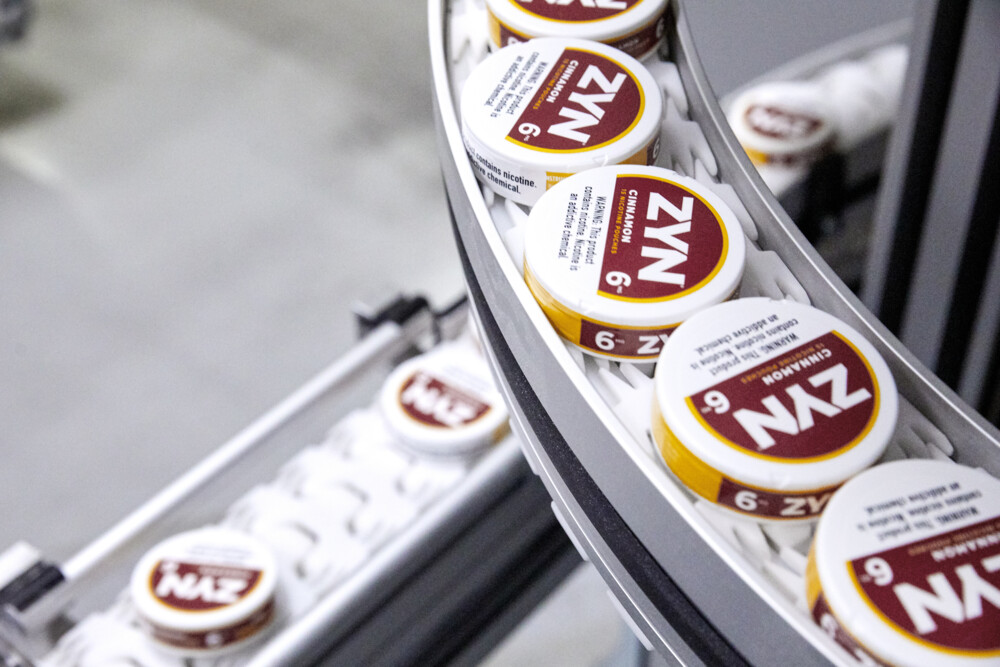
Swedish Match North America is being sued for allegedly overcharging U.S. customers for its popular tobacco-free Zyn nicotine pouches.
The class action lawsuit, filed on Monday in federal court in Richmond, Virginia, alleges that the Philip Morris International subsidiary is violating federal and state antitrust laws concerning the market for modern oral nicotine pouches.
The plaintiff, a resident of Florida, claimed that Swedish Match illegally gained monopoly power through various business practices aimed at eliminating rival Dryft from the market, Reuters reports.
Swedish Match now has an estimated 80 percent of the market for nicotine pouches, which the company sells in different flavors and strengths for about $6 a tin, according to the lawsuit.
In a statement, Philip Morris, which was not named as a defendant, said, “We believe the plaintiff’s claims are without merit, and we intend to vigorously defend against them.
Marlboro maker Philip Morris, in 2022, acquired the Swedish tobacco and nicotine products company for $16 billion. Philip Morris has stated an ambition to move away from health-harming cigarettes.
The consumer lawsuit seeks class action status for Zyn consumers and damages of more than $5 million.

